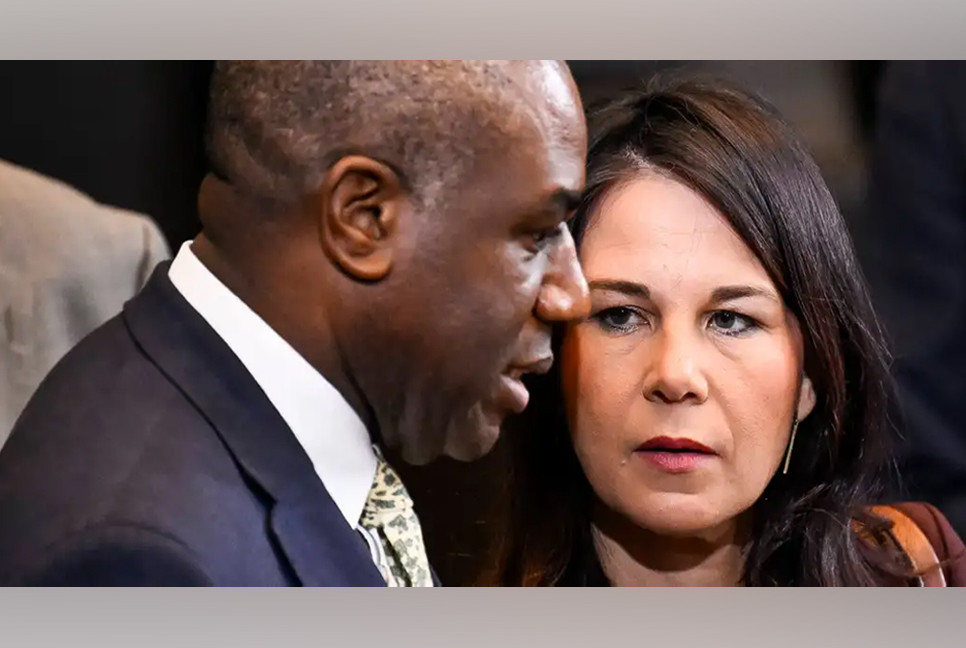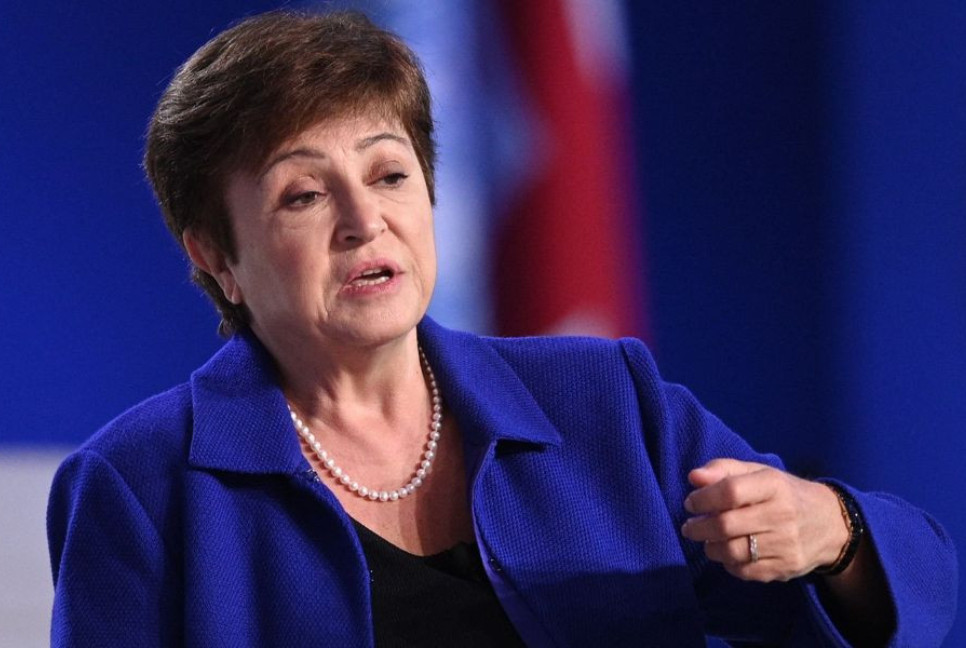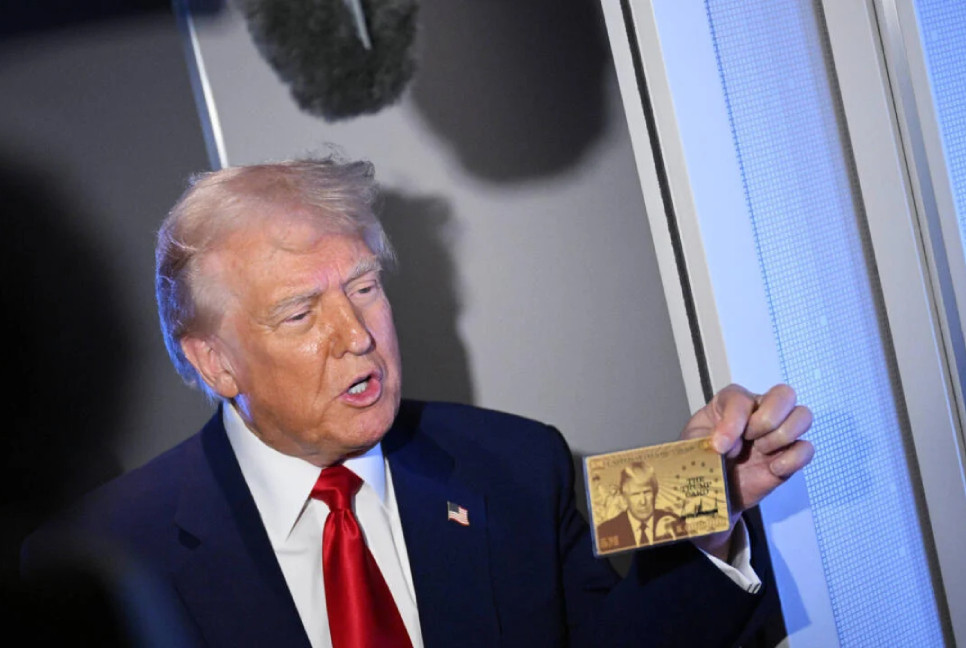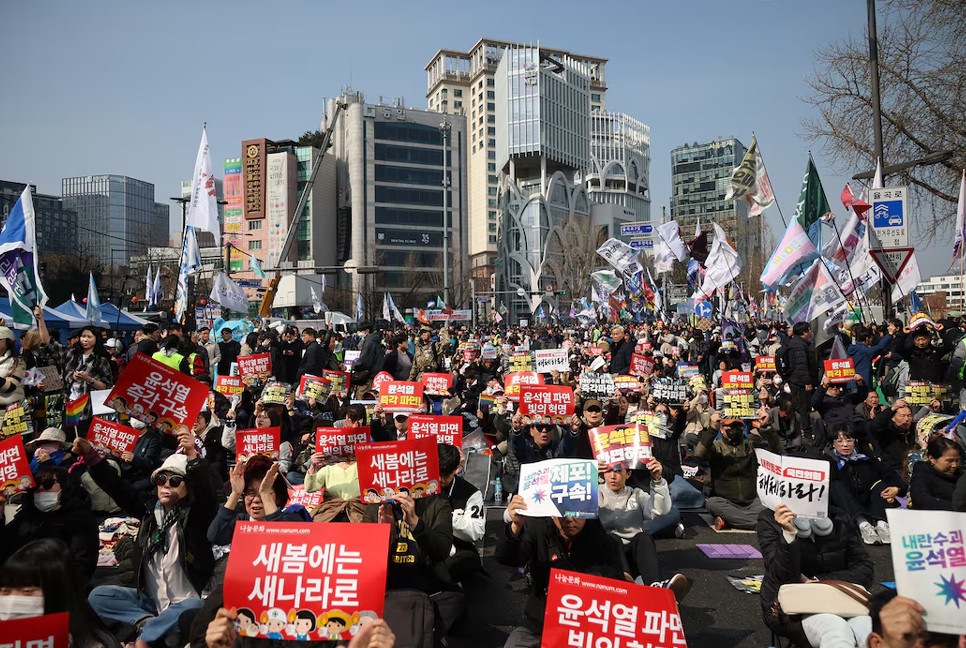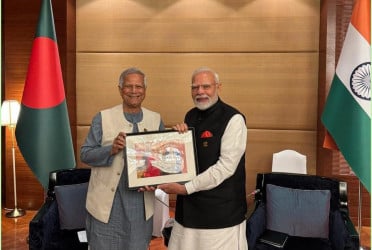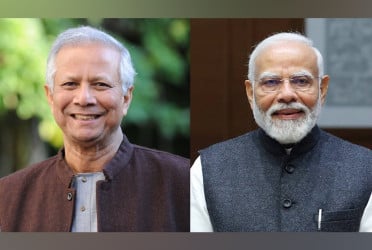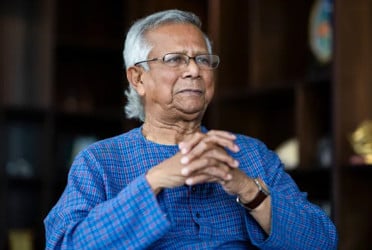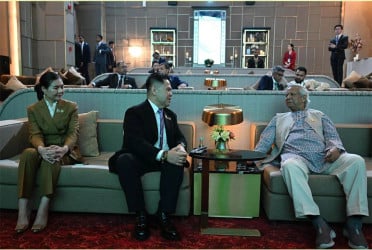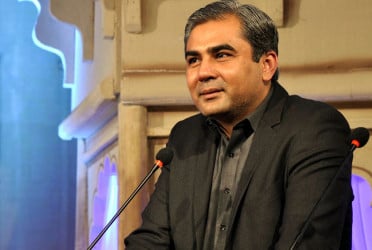The Nobel Prize in Literature was awarded on Thursday to French author Annie Ernaux “for the courage and clinical acuity with which she uncovers the roots, estrangements and collective restraints of personal memory.”
The decision was announced at a news conference in Stockholm, Sweden.
Mats Malm, the permanent secretary of the Nobel Committee, said that he had not been able to reach Ernaux yet.
He “expects her to become aware of the news soon.”
In his will, the Swedish industrialist Alfred Nobel bequeathed most of his wealth to endow annual prizes in five fields, recognizing those who “have conferred the greatest benefit to humankind” during the previous year.
The honours were first awarded in 1901, five years after his death, and celebrate scientific discovery, medical innovation, literary accomplishment and measures toward forging peace.
Since then, the Nobel Prizes have granted a certain exalted status to its recipients, and a sizable sum — each full share this year is worth 10 million Swedish kronor, or about $907,000, according to the prizes’ website.
Intense secrecy governs the enterprise: No information about the selection process is to be disclosed, “publicly or privately,” for 50 years after the announcement, according to the Nobel Foundation’s statutes.
In some fields, like chemistry, physics and medicine or physiology, the decision can appear more objective, since those prizes generally go to recipients for breakthroughs in their disciplines. But in the case of the literature and peace prizes, the selections — based on more subjective criteria — can generate criticism, dismay or disbelief.
Bd-pratidin English/Golam Rosul

.jpg)



